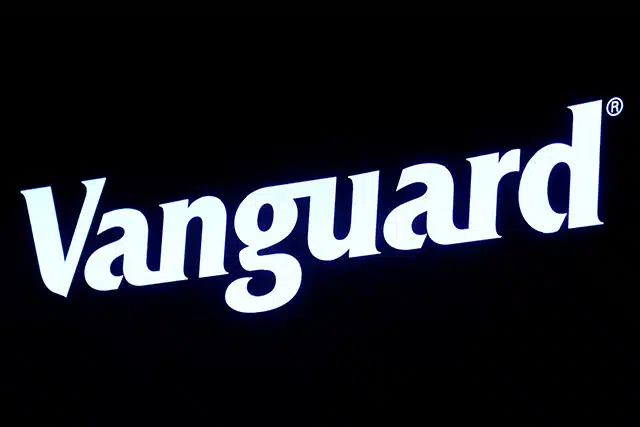A federal judge on Monday rejected Vanguard Group’s $40 million settlement with investors who claimed the mutual fund giant stuck them with inflated tax bills in its popular target-date funds.
U.S. District Judge John Murphy in Philadelphia said the proposed class action settlement announced in November “provides no value” to investors because Vanguard could have offset the $40 million from its similar, larger settlement in January with the U.S. Securities and Exchange Commission.
The SEC accord provided $135 million in remediation to investors, minus the $40 million and minus $2.1 million for individual claims. Vanguard’s total payout to the SEC was $106.4 million, including a $13.5 million civil fine.
In a 25-page decision, Murphy agreed with an objecting class member that approving the $40 million settlement didn’t make sense because it would leave investors with less money, with more than $13 million taken out for their lawyers’ legal fees.
Murphy said that meant the settlement was not fair, reasonable and adequate.
“The named plaintiffs, their counsel, and Vanguard cannot deny the math,” Murphy wrote. “The SEC settlement guarantees class members the exact benefit that would have been provided by this proposed settlement – but without deduction for attorneys’ fees or requiring claims to be extinguished.”
Lawyers for the investors and for Vanguard did not immediately respond to requests for comment. The objecting class member John Hughes, a lawyer, declined to comment.
Vanguard argued that Hughes misunderstood the SEC accord, and rejecting the $40 million settlement based on his objection would make it harder for companies to settle parallel civil and regulatory actions.
Both settlements stemmed from Vanguard’s December 2020 decision to reduce the minimum investment in lower-cost target-date fund classes meant for institutional clients to $5 million from $100 million.
Many investors who qualified for those funds shifted from higher-cost retail fund classes. This forced the retail funds to sell assets to meet redemptions, and pass taxable capital gains to the remaining investors.
The target-date funds contain mixes of stocks, bonds and cash designed to become less risky as investors age. They are also designed to be tax-efficient.
Vanguard is based in Valley Forge, Pennsylvania. It had $10.4 trillion of assets under management as of January 31.
The case is In re Vanguard Chester Funds Litigation, U.S. District Court, Eastern District of Pennsylvania, No. 22-00955.
This article was provided by Reuters.







